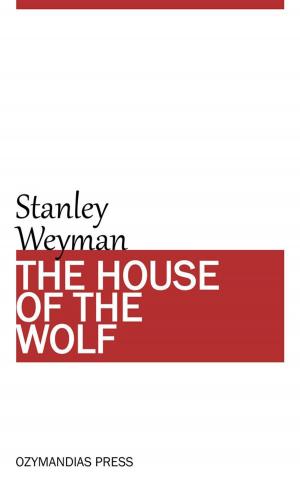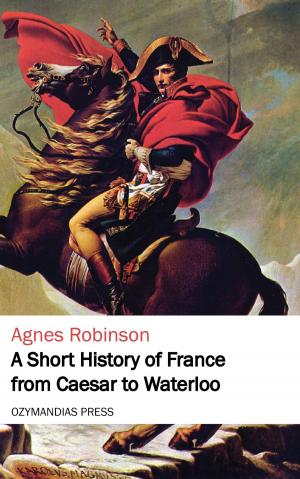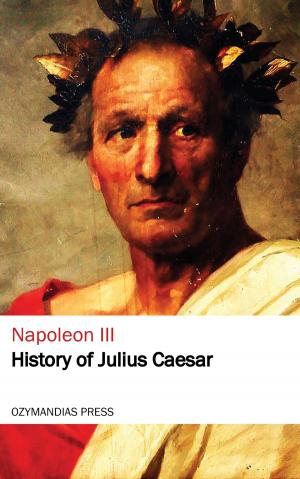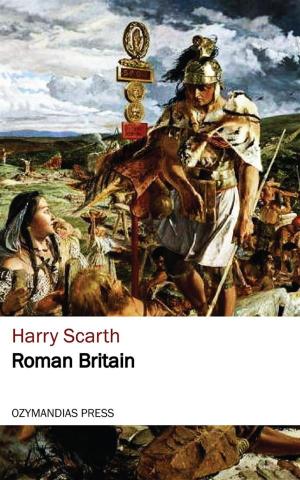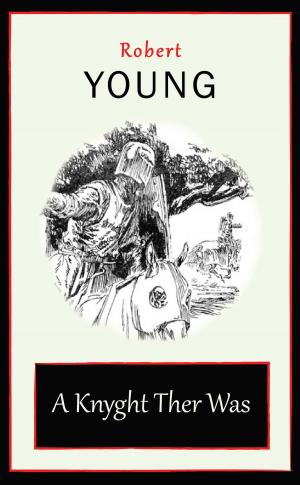| Author: | James Baldwin | ISBN: | 9781531265373 |
| Publisher: | Ozymandias Press | Publication: | April 22, 2016 |
| Imprint: | Language: | English |
| Author: | James Baldwin |
| ISBN: | 9781531265373 |
| Publisher: | Ozymandias Press |
| Publication: | April 22, 2016 |
| Imprint: | |
| Language: | English |
One summer afternoon rather more than eleven hundred years ago, the boy Roland was sitting in the cleft of a broken rock that forms the crest of one of the hills in the neighborhood of Sutri. Above him was the deep blue sky of Italy, unflecked by any cloud: on either side of him stretched a dull, uneven plain broken here and there by wet marshes, and long lines of low hills. A mile or more to the south, and partly hidden behind the brow of the hill, could be seen the old town, with its strong castle, and its half-ruined amphitheatre and its white-walled monastery. Directly beneath him was the dusty highroad which, after winding among the straggling vineyards and little farms that dotted the plain, was lost to sight in a strip of dusky woodland a league and more to the northward. Along that road King Charlemagne, with the flower of his great army, was hourly expected to pass, marching on his way to the castle of Sutri, where he was to be entertained for a time as a guest; and it was for this reason that the lad sat so still, and watched so long, in his half-hidden perch on the hilltop.
Every thing, as if awed by the near coming of the hero king, seemed strangely still that afternoon. Scarcely a sign of life was to be seen; and the places which at other times had been noisy with busy workers were now silent and deserted. The reapers, who yesterday had made the wheat-fields ring with their gay jests and their rude songs, had left their sickles in the fields, and stolen silently away. The young girls who had been gleaning the fallen grain, and whose laughter had awakened the echoes among the hills, were nowhere to be seen to-day, although the eagle eyes of Roland sought them on every hand. Along the highroad, which at other times seemed alive with the busy folk coming and going between Sutri and Viterbo, neither man, woman, nor beast was stirring. But off toward Sutri the boy could see that things were quite different. The town seemed to be decked in holiday attire: the governor's castle was draped with gay bunting, and flags and banners floated from the turret-tops. Companies of knights dressed in rich livery rode hither and thither, impatiently waiting the word from the watchman above the gates to go out and meet the kingly guest. The streets were crowded with hurrying, eager folk, who knew not whether to hail the coming of Charlemagne and his host as a blessing, or look upon it as a calamity...
One summer afternoon rather more than eleven hundred years ago, the boy Roland was sitting in the cleft of a broken rock that forms the crest of one of the hills in the neighborhood of Sutri. Above him was the deep blue sky of Italy, unflecked by any cloud: on either side of him stretched a dull, uneven plain broken here and there by wet marshes, and long lines of low hills. A mile or more to the south, and partly hidden behind the brow of the hill, could be seen the old town, with its strong castle, and its half-ruined amphitheatre and its white-walled monastery. Directly beneath him was the dusty highroad which, after winding among the straggling vineyards and little farms that dotted the plain, was lost to sight in a strip of dusky woodland a league and more to the northward. Along that road King Charlemagne, with the flower of his great army, was hourly expected to pass, marching on his way to the castle of Sutri, where he was to be entertained for a time as a guest; and it was for this reason that the lad sat so still, and watched so long, in his half-hidden perch on the hilltop.
Every thing, as if awed by the near coming of the hero king, seemed strangely still that afternoon. Scarcely a sign of life was to be seen; and the places which at other times had been noisy with busy workers were now silent and deserted. The reapers, who yesterday had made the wheat-fields ring with their gay jests and their rude songs, had left their sickles in the fields, and stolen silently away. The young girls who had been gleaning the fallen grain, and whose laughter had awakened the echoes among the hills, were nowhere to be seen to-day, although the eagle eyes of Roland sought them on every hand. Along the highroad, which at other times seemed alive with the busy folk coming and going between Sutri and Viterbo, neither man, woman, nor beast was stirring. But off toward Sutri the boy could see that things were quite different. The town seemed to be decked in holiday attire: the governor's castle was draped with gay bunting, and flags and banners floated from the turret-tops. Companies of knights dressed in rich livery rode hither and thither, impatiently waiting the word from the watchman above the gates to go out and meet the kingly guest. The streets were crowded with hurrying, eager folk, who knew not whether to hail the coming of Charlemagne and his host as a blessing, or look upon it as a calamity...


